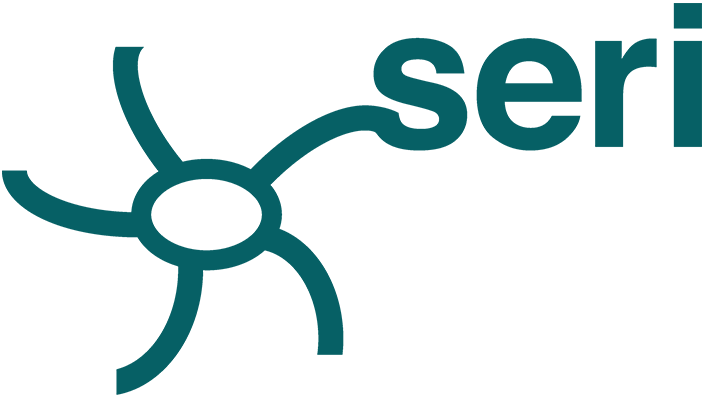
Sustainable Energy
Solar Program
Improving Equity in Solar Access: A Low-Cost Cooling Option for Families
Low-income, marginalized communities in southern metropolitan Tucson lack energy resilience and have not received the economic, environmental, and community empowerment benefits of the renewable energy economy. Few low-income families can afford the up-front costs or have the financial credit rating to obtain rooftop solar systems to lower their energy costs, and recent rate changes have made financing even more difficult. Many residents lack knowledge regarding solar technologies and have pre-existing vulnerabilities including poor housing and economic instability. They are caught in a wicked problem: they pay a higher percentage of their income for energy than others in Arizona yet have fewer opportunities to participate in solutions. Given that Tucson is predicted to get hotter, new options need to be evaluated for low-income families to reduce their energy use and yet cool their homes. SERI is partnering with the University of Arizona Bureau of Applied Research in Anthropology (BARA) to evaluate solar mini splits as a low-cost renewable energy option for replacing evaporative coolers and energy guzzling window air conditioners.
- Case studies are being developed from five pilot installations, evaluating energy savings and thermal comfort.
- The feasibility of a low-income loan program will be evaluated based on the results and community feedback.
- The program aims to increase solar energy development in southern metropolitan Tucson and promote systemic and transformational change.
- The program will serve as a model for other low-income communities struggling with solar installations.
